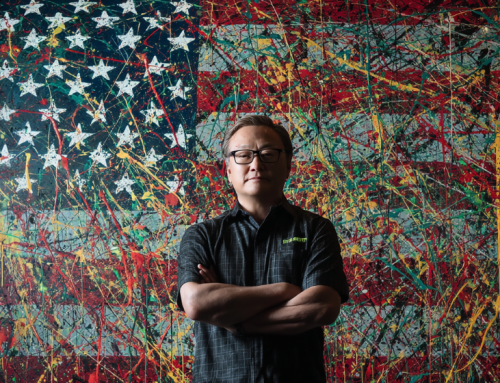
Since launching in September, UXL has attracted technical contributions for its open-source tech, notably using Intel’s OneAPI, and aims to develop a standardized AI computing model, targeting the computing challenges monopolized by a few chipmakers and seeking to build a broad developer base. (Source: Image by RR)
Intel, Google, and Qualcomm Spearhead Movement to Liberate AI Chip Development
Nvidia has established a significant presence in the AI market, bolstered by its AI chips and a two-decade-long development of a crucial software platform, CUDA, that has made competition challenging. This dominance is now being targeted by a coalition of tech giants including Qualcomm, Google, and Intel, aiming to reduce Nvidia’s influence through a strategic focus on software. They are rallying behind an initiative spearheaded by the UXL Foundation, leveraging technology like Intel’s OneAPI to develop a suite of tools that promise compatibility across various AI accelerator chips, thus liberating developers from Nvidia’s ecosystem.
The UXL Foundation’s approach is rooted in creating an open ecosystem that promotes productivity and choice in hardware for machine learning frameworks. By laying down technical specifications and refining them to a mature state, the initiative seeks to foster a collaborative environment that can accommodate contributions from diverse companies. As reported in reuters.com, this inclusivity extends to the ambition of supporting hardware from multiple chipmakers and cloud-computing giants, aiming for a broad adoption that transcends Nvidia’s proprietary barriers.
The movement to challenge Nvidia’s grip on the AI software market is gaining momentum, with venture financiers and corporate investments pouring into startups and projects aligned with UXL’s objectives. In just a year, investment in these efforts has surged, reflecting the growing interest in finding alternative solutions to Nvidia’s software dominance. This shift indicates a significant trend towards diversification and innovation in the AI field, driven by the potential to democratize the technology’s foundational tools.
Despite the burgeoning competition, Nvidia remains a formidable player in the AI domain, with its software and developer community continually evolving. The push towards an open-source and widely accessible AI software framework represents a pivotal moment in the tech industry, with potential implications for Nvidia’s longstanding dominance. As the ecosystem evolves, the emphasis on collaboration, innovation, and accessibility could significantly influence the future direction of AI development and deployment, marking a new chapter in the ongoing quest for technological advancement in this critical field.
read more at reuters.com







Leave A Comment